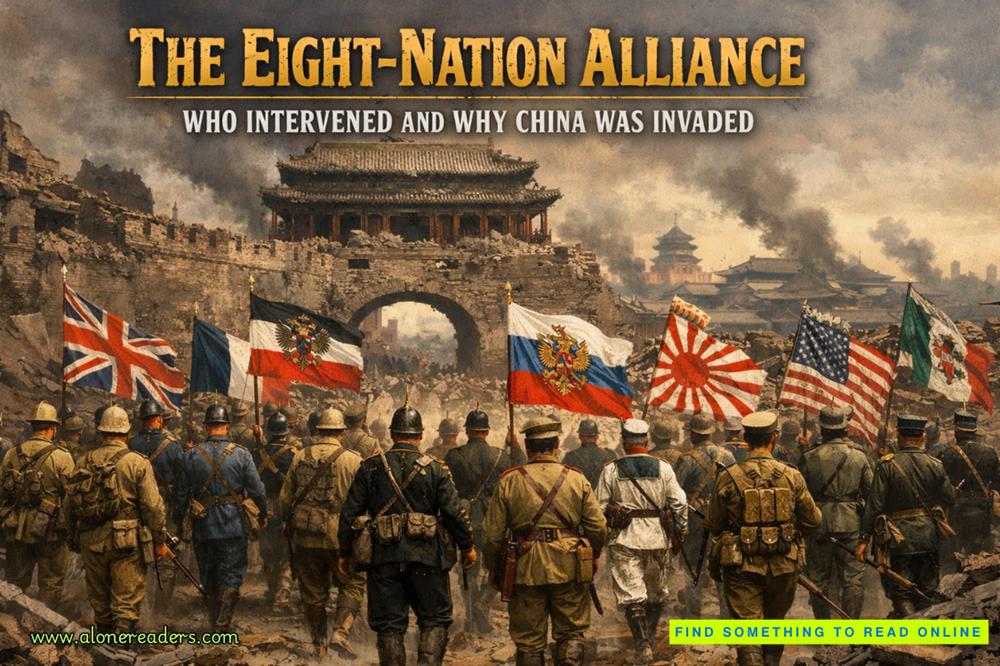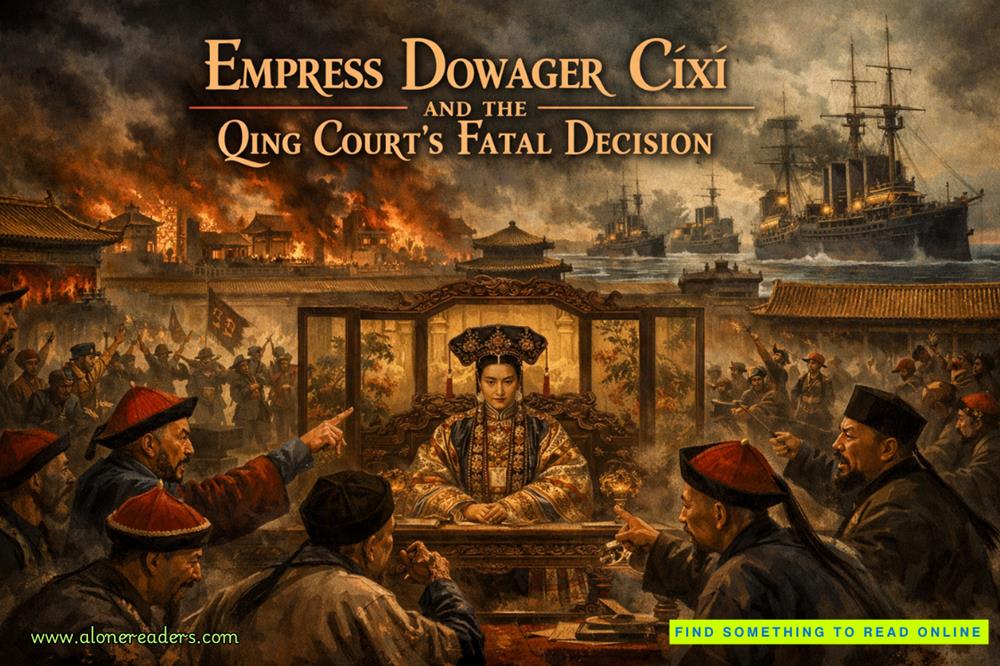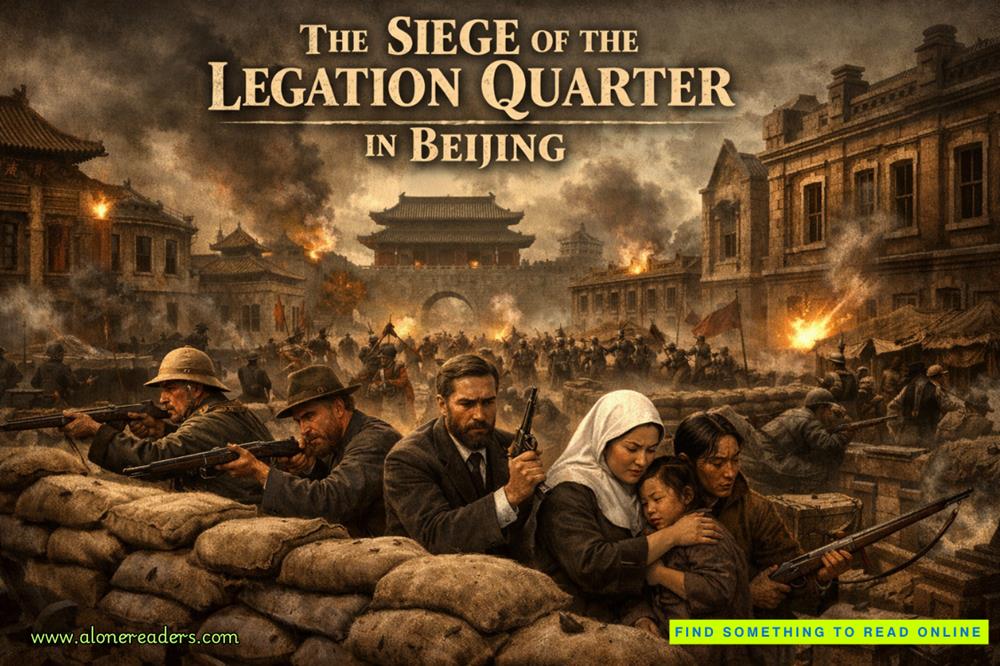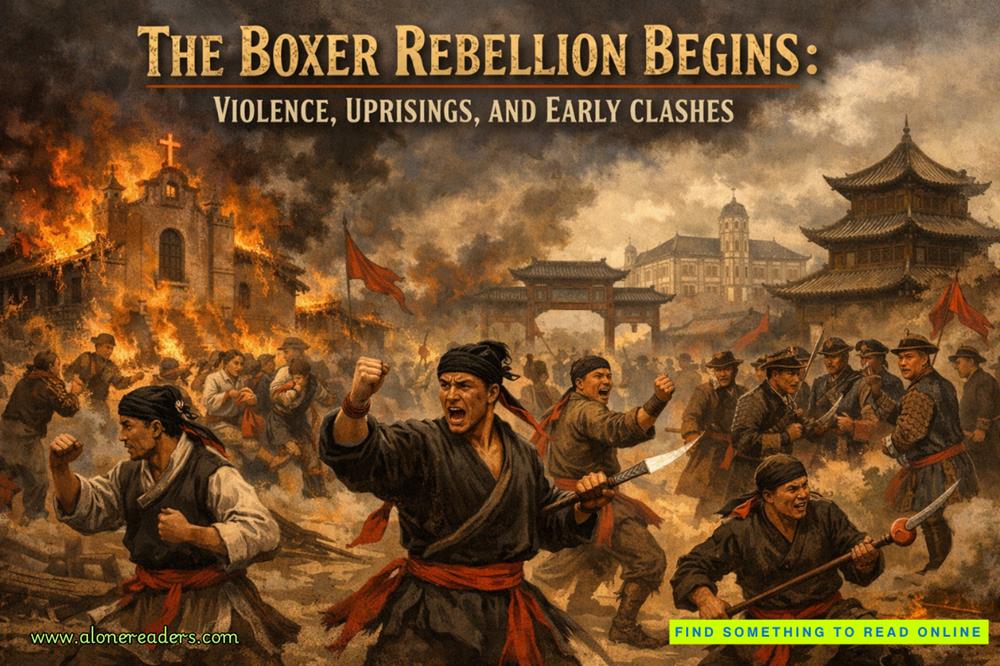“Exactly.”
The breeze had picked up outside, tugging gently at the curtains. She stood after a few more quiet minutes and gathered her things. “Thank you for tea.”
“Thank you,” Mrs. Bainbridge said as she walked her to the door, “for looking over the paper and giving me your evaluation.”
Outside, the air was brisk, the kind that carried both salt and promise. The future wasn’t clear, not yet, but it waited with open arms.
She paused on the step, letting the wind tug at her shawl, her gaze lifting to the distant line of the sea. Somewhere beyond the rooftops, waves rolled in without hesitation. She wasn’t ready to be swept away, but perhaps she was ready to stop standing still.
She took a breath and stepped forward.
Chapter Twelve
Wednesday morning, undera pale sky that held its breath in quiet anticipation, Quinton found Barrington in the study, already seated behind his desk with a folded sheet of thick parchment before him like a verdict waiting to be read. The morning light cast a warm glow across the desk’s polished surface. It was quiet except for the faint tick of the mantle clock and the distant call of gulls beyond the windows.
“You said there was news,” Quinton said as he entered.
Barrington gestured to the chair opposite. “From one of Edward’s contacts. This concerns your captivity, and the silence surrounding it. This came by courier before breakfast.”
Quinton sat as Barrington unfolded the letter.
“They’ve uncovered a cache of undelivered letters,” Barrington said. “Discovered in the back room of a shuttered coaching inn in Suffolk. Evidently, the place served as a temporary holding station during the war when the roads were impassable. Some of the bags were forgotten or never sent forward.”
Quinton frowned. “How many letters?”
“Hundreds. Perhaps more. Most from five or six years ago, wartime dispatches. Family correspondence, military reports, and personal notes. Some addressed to soldiers, others to their families.”
He pushed Edward’s letter across the desk. “The majority were water-damaged, but a few were legible. Nothing directly connected to us. Not yet. But the team is still reviewing them.”
Quinton scanned the document. The contact, someone identified only by initials, mentioned additional caches found in nearby towns. A pattern, perhaps.
He imagined what the paper might feel like, softened by time, curled at the corners, the ink smudged by dampness and neglect. What if his name was there? Or hers? He didn’t dare hope, but the hunger to look was already there, sharp and familiar.
One that had gone unseen for years.
“Edward’s working quietly,” Barrington said. “He doesn’t want to alert anyone until we know how widespread it is.”
Quinton leaned back in the chair, his brow furrowed. “When I was in the camp, I overheard one of the guards say that the post was taken care of. At the time, I thought it meant no one had sent word or that it was merely a casual comment. Or that the mail has been intercepted or destroyed. But now, I’m not so certain.”
Barrington’s expression turned grim. “It might have meant more than you thought.”
Quinton looked at the letter again, at the dates and places scrawled in tight, rushed script. This wasn’t about anyone else. Not Mary-Ann, not the others left waiting. This was about him. About silence so complete it had nearly erased him. One of the mailbags had originated from a nearby town, no more than a day’s ride from Sommer-by-the-Sea.
“If my family had received word I was alive—”
Barrington cut in gently. “You can’t think that way.”
But Quinton’s voice remained steady. “If they had, they would have written. And Mary-Ann… she would have known. She would have waited.”
Silence fell between them.
Quinton turned to look out the window. A fishing boat drifted across the morning tide, the sails sharp against the pale sky.
“They buried me,” he said. “Not literally, but close enough. And they mourned me. All because someone failed, or chose not, to deliver a letter.”
Barrington set his cup down with a little more force than necessary. He didn’t speak right away. Instead, he crossed to the window, his back to Quinton, his jaw tight. “We trusted the system,” he said at last. “But someone manipulated it. That ends now.”
He had a way of speaking in absolutes. He was calm, reasoning, and never careless. But even now, Quinton saw the tension in his jaw, the barely masked concern that mirrored his own.















